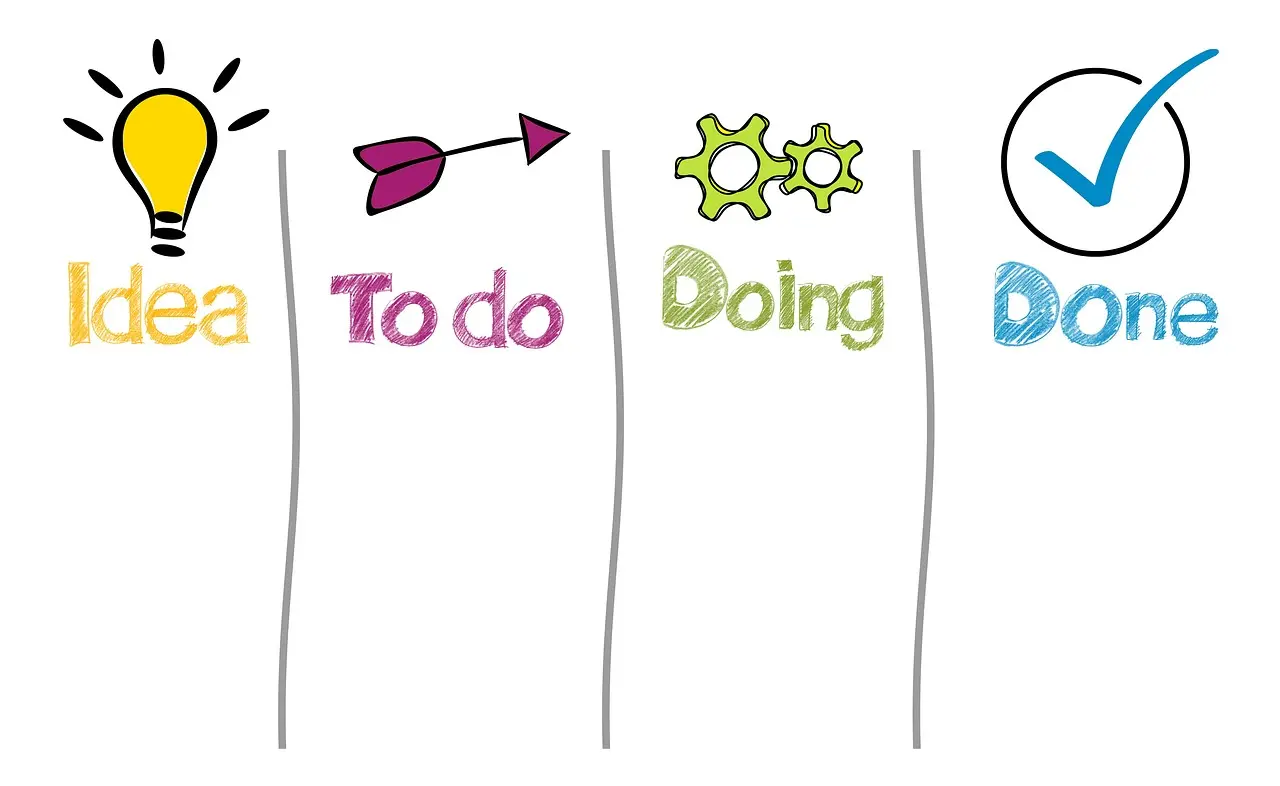Digital technologies have fundamentally changed the rules of the game in the labor market, blurring traditional boundaries. Entry into the IT sphere has become significantly more accessible for many. There are IT professions where technical higher education or decades of experience are no longer necessary to start. The new path is simple: master key tools, undergo intensive training, and gain initial practical experience. In the tech world, skills are important, not diplomas, opening up completely different career trajectories. In this article, we will list IT professions with easy entry so you can choose the option that suits you.
IT Professions with Easy Entry: Which Directions to Consider
Most IT professions with easy entry offer flexible learning models and quick practical cases. Entry into the digital industry does not require significant investments. Just 3-6 months of systematic online learning and a small portfolio are enough. Professional communities, marathons, and hackathons pave the way for newcomers. Real projects, not tests in a vacuum, ensure accelerated growth.

System Administrator
Entry-level. Basics of networks, security, backup – a system administrator maintains infrastructure. This is one of the IT professions with easy entry, requiring minimal knowledge of Linux or Windows Server. Average income in Russia – from $950. Remote work – from $1200 with proficiency in DevOps tools.
Training is available on online courses from Stepik, Skillbox, and GeekBrains. Implementation experience – through practice in home networks or assisting small businesses. An excellent start without a serious theoretical foundation.
Tester
Classic remote work for beginners in IT – manual testing. Entry – through courses lasting 1-2 months. Understanding software logic, attention to detail, and basic English are sufficient. The work involves creating checklists, error detection, and communication with the development team.
Salaries start from $850. High demand is maintained due to the increasing number of web services, mobile applications, and e-commerce projects. Transition to automation is possible – Selenium, JavaScript, Python.
Developer
Frontend, backend, mobile development – IT professions with easy entry if you master just one stack. For example, HTML, CSS, JavaScript allow taking freelance orders in just 3 months. Minimum project – a landing page. Skill scaling – through frameworks (React, Vue, Django).
Case: for a WordPress project with custom design, freelancers charge from $300. With steady workload – $1400-$1800 per month. Remote work with good pay is ensured by regular skill updates and working with Western clients.
Web Designer
The field attracts creative specialists. Figma, Photoshop, UX/UI – the main tools. These are IT specialties for beginners if there is a sense of composition and interest in visual solutions. 2-3 cases in the portfolio are enough to start.
Average income – from $1000 freelancing. Clients: startups, e-commerce, digital agencies. Income growth is achieved through learning animation, collaborating with developers, and creating design systems.
Data Analyst
Working with Big Data, visualization, dashboards, SQL – the field is rapidly evolving. The entry threshold into the profession has decreased. Without experience, tasks like analyzing tables, creating charts, and generating reports in Power BI or Google Data Studio are allowed. Basic statistics, logic, proficient Excel are mandatory.
Analyst is a well-paid remote job without experience if a pilot project is successfully implemented. Average income for a junior analyst – from $1200, higher with Python knowledge. Such specialists are in demand in marketing, e-commerce, banks, and IT companies.
Project Manager
One of the easy professions for remote work – managing an IT team. Basic knowledge of agile methodologies, communication skills, familiarity with Jira, Confluence are required. No coding knowledge is necessary, but an understanding of development processes. Entry is open after completing a 4-week course.
A project manager coordinates tasks, plans releases, mitigates risks. An excellent start for those transitioning to a career from related fields. Income – from $1500, especially in the SaaS or mobile development sector.
6 Most In-Demand IT Professions with Easy Entry: Summary
The job market no longer requires a five-year degree to start in a highly paid field. Today, mastering a new profession is possible in a matter of months, and the demand for specialists with basic skills continues to grow. These directions open doors to IT and digital, without overwhelming with theory and providing a quick entry to stable income:
- Tester – quick start after 2 months of training, salary from $850.
- Frontend Developer – first projects in 3 months, income from $1200.
- System Administrator – minimal theoretical base, $1000.
- Web Designer – 2-3 cases in the portfolio, income from $1000.
- Data Analyst – working with Excel and SQL, quick entry to $1200+.
- Project Manager – managing IT teams without programming, high demand.
After completing a basic course, you can start working on real tasks in just a few weeks. The demand for entry-level specialists remains consistently high – companies are willing to train on the job if there is motivation and minimal preparation.
Courses and Training: Gateway to Digital
The strength of all IT professions with easy entry is the availability of online learning. Major platforms offer subscription-based courses with job placement guarantees. GeekBrains, Netology, Yandex.Praktikum are market leaders. Programs are tailored for beginners, built on case studies, and reinforced through practice.
Online and Remote Work
The “office in a backpack” model has transformed the market. Remote work from home is becoming the norm. The main driver is IT professions with easy entry, not requiring a fixed workplace. Digital infrastructure allows tasks to be completed anywhere in the world – only stable internet and software are needed.

Remote work is particularly beneficial for beginners. Savings on transportation, rent, and meals increase real income by 15-20%. Comfort levels increase engagement, reduce burnout. Employers receive tasks completed on time, while specialists enjoy a flexible schedule and freedom.
Conclusion
The field of technology has eliminated artificial boundaries. Today, IT professions with easy entry offer not just jobs. They provide access to a world with flexible conditions, high pay, and the opportunity for rapid growth. With sufficient motivation, basic knowledge, and a systematic approach, the path to digital is open to everyone. The market offers dozens of directions. Starting is simple. Becoming an expert is achievable. Getting a good salary is within reach in the first year of the journey.
 en
en  ru
ru  de
de  ar
ar  es
es  nl
nl  hi
hi  fr
fr  pt
pt  it
it  el
el 










